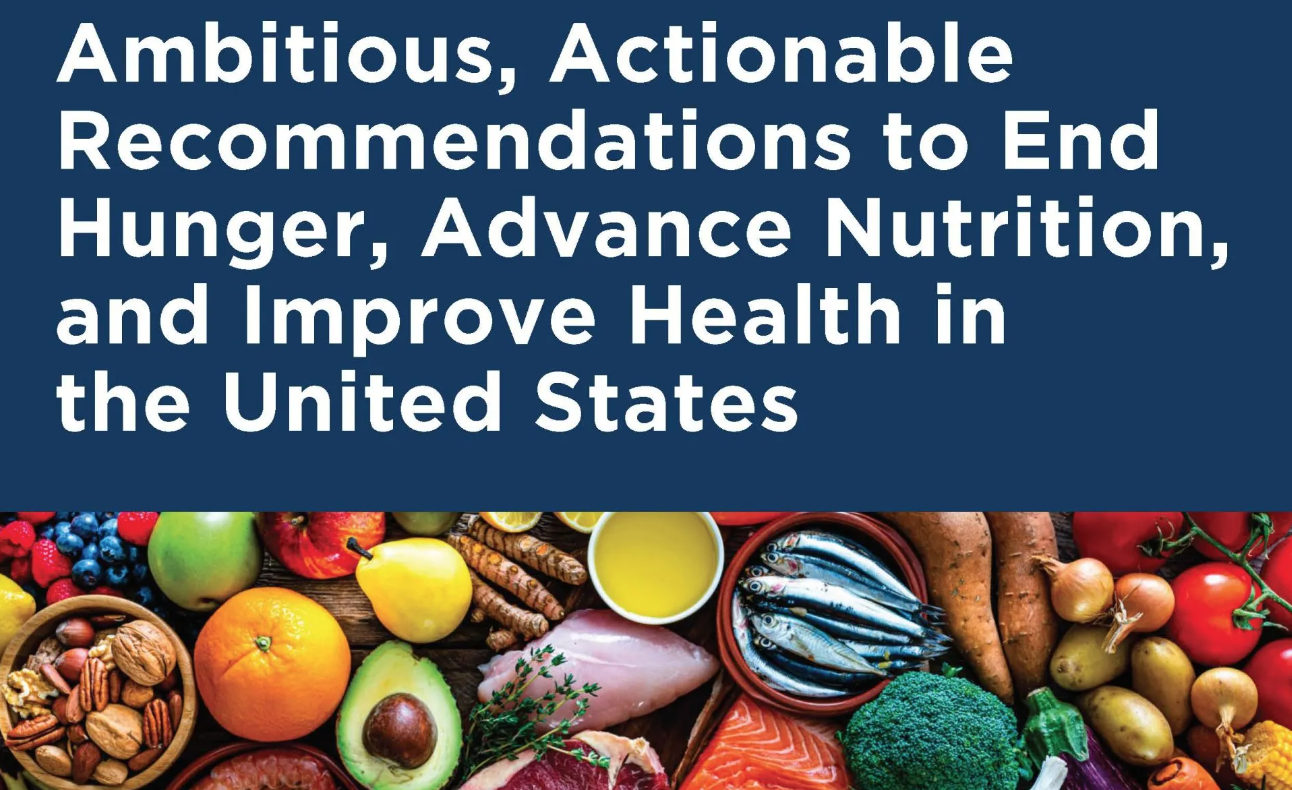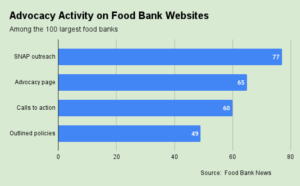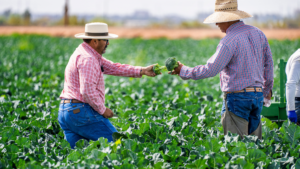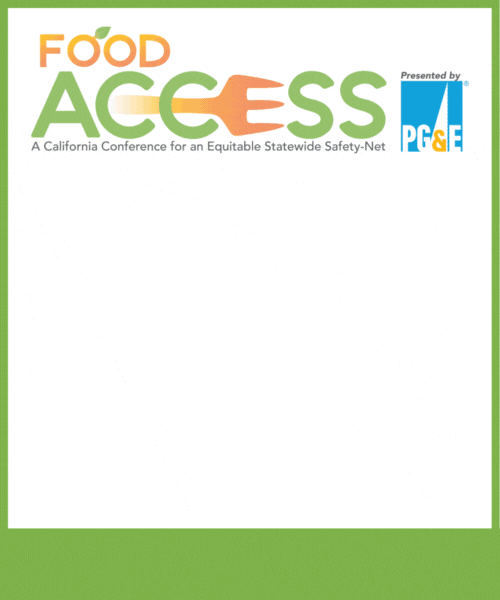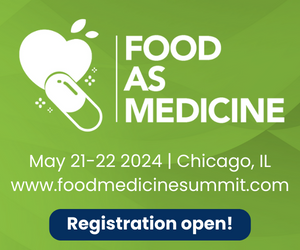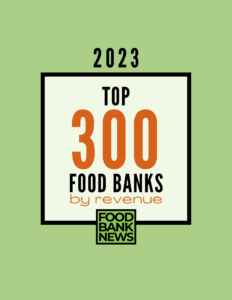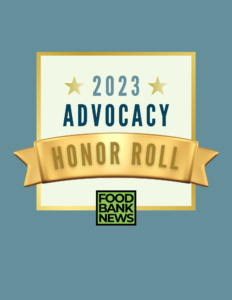Of the 21 members of the Task Force on Hunger, Nutrition and Health, only one – Catherine D’Amato, President and CEO of Greater Boston Food Bank – brought direct experience in food banking to the table.
The Task Force’s recently issued report adds a loud voice to those seeking to inform the discussion at the White House Conference on Hunger, Nutrition, and Health, coming up on Sept. 28th. Not affiliated with the White House, the Task Force is an independent, self-appointed group of stakeholders with varied expertise and perspectives. D’Amato, who also co-founded the Hunger to Health Collaboratory, was invited to join roughly ten weeks ago, several weeks after it was formed.
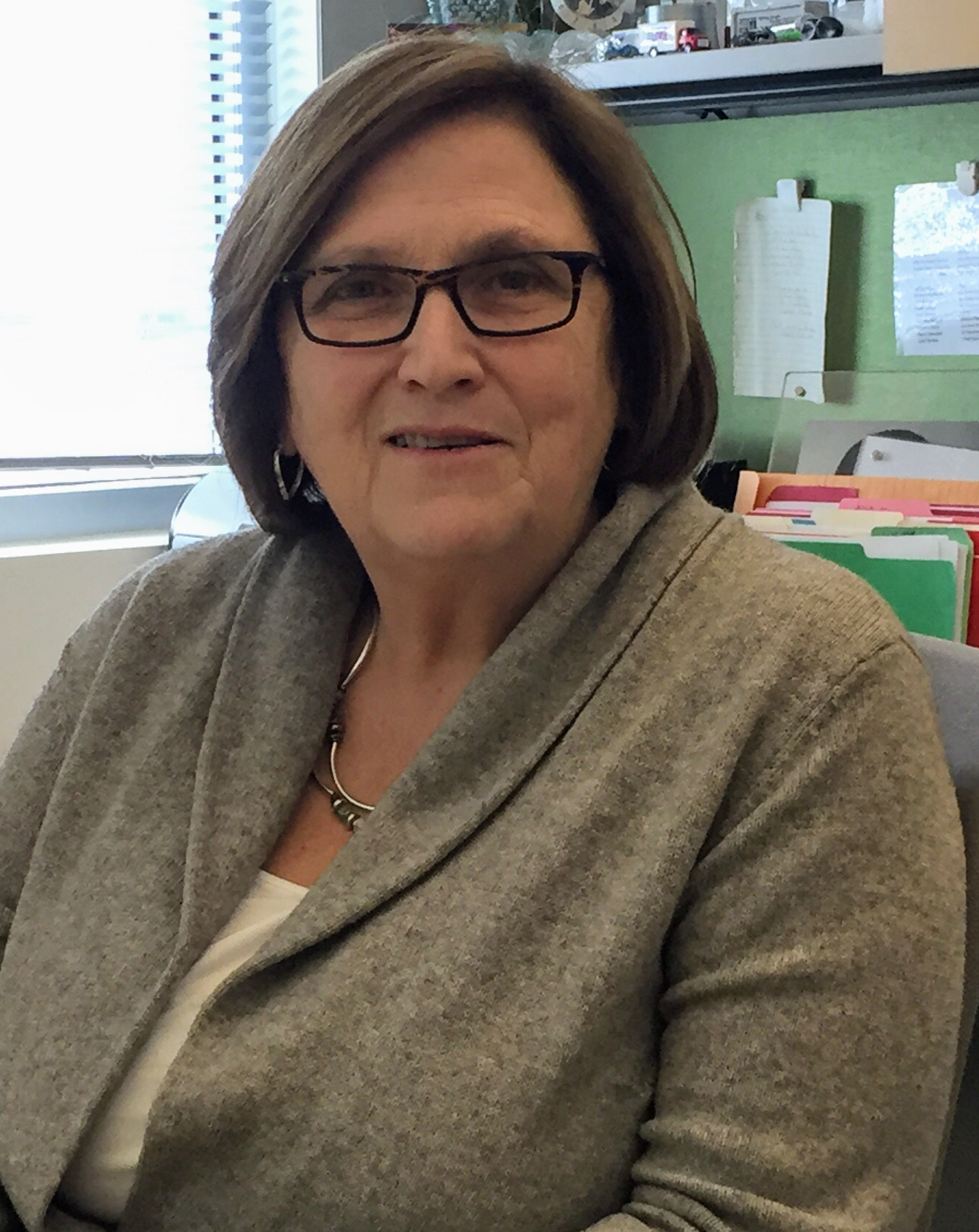
In its report, the Task Force identified 30 high-priority policy recommendations and more than 200 associated action items. Highlights among them include making programs such as SNAP and school meals more accessible and flexible; accelerating Food is Medicine initiatives; getting healthcare providers more involved in food insecurity screenings and local food systems; and investing in business innovations to reduce hunger and improve nutrition.
D’Amato praised the report for capturing a wide range of ideas. “There’s some really terrific, emerging, exciting programs going on across the United States,” she said.
The Task Force declined to take a position on certain SNAP policies, including a growing debate over whether SNAP purchases should be limited to encourage nutritious food choices. The Task Force noted members’ diverse views on the topic in the footnotes and ultimately recommended funding pilot programs to evaluate different approaches to reducing hunger while improving nutrition.
D’Amato applauded the Task Force for acknowledging the diversity of views, and was “very pleased that, for the most part, there was a high consensus where people really felt strongly that we should advance this and move it forward.” The critical compromise, she said, was the decision to leave the outcome to the future.
The report briefly addresses TEFAP by advising increased funding for it and better alignment with nutritional guidelines. Another recommendation for the emergency food sector is that steps be taken to increase food recovery from farms, grocery stores, restaurants, and other food businesses. Action items supporting the recommendation include tax changes to incent farmers to donate crops, steps to address food transportation costs, and improved liability protections for food donations.
D’Amato hopes that food bankers can take a broad view and embrace many of the report’s recommendations. Food bankers tend to focus on the “right here, right now,” she observed. She sees the upcoming conference as an opportunity to broaden that lens. “The opportunity for us as food bankers to think beyond that is really important,” she said. “We have to think about upstream solutions.”
For D’Amato, the present moment feels like a blast from the past, but better. “I feel like I’m back in the seventies,” she said. “I’m having the same conversation, but the difference is, we’re smarter. We’re much more resourced than we’ve ever been. We’ve learned a lot, and if we can maximize all of that, plus be aware of all the inequities that have to be addressed – this is no easy feat – I think we’re going to get some traction out of this.” – Amanda Jaffe
Amanda Jaffe is a writer and former attorney with a deep interest in the organizations and mechanisms that address food insecurity. Her writing has appeared in The American Interest, PASSAGE Magazine, and the Finder, among other publications.
Like what you’re reading?
Support Food Bank News
This article was made possible by the readers who support Food Bank News, a national, editorially independent, nonprofit media organization. Food Bank News is not funded by any government agencies, nor is it part of a larger association or corporation. Your support helps ensure our continued solutions-oriented coverage of best practices in hunger relief. Thank you!
Connect with Us:
